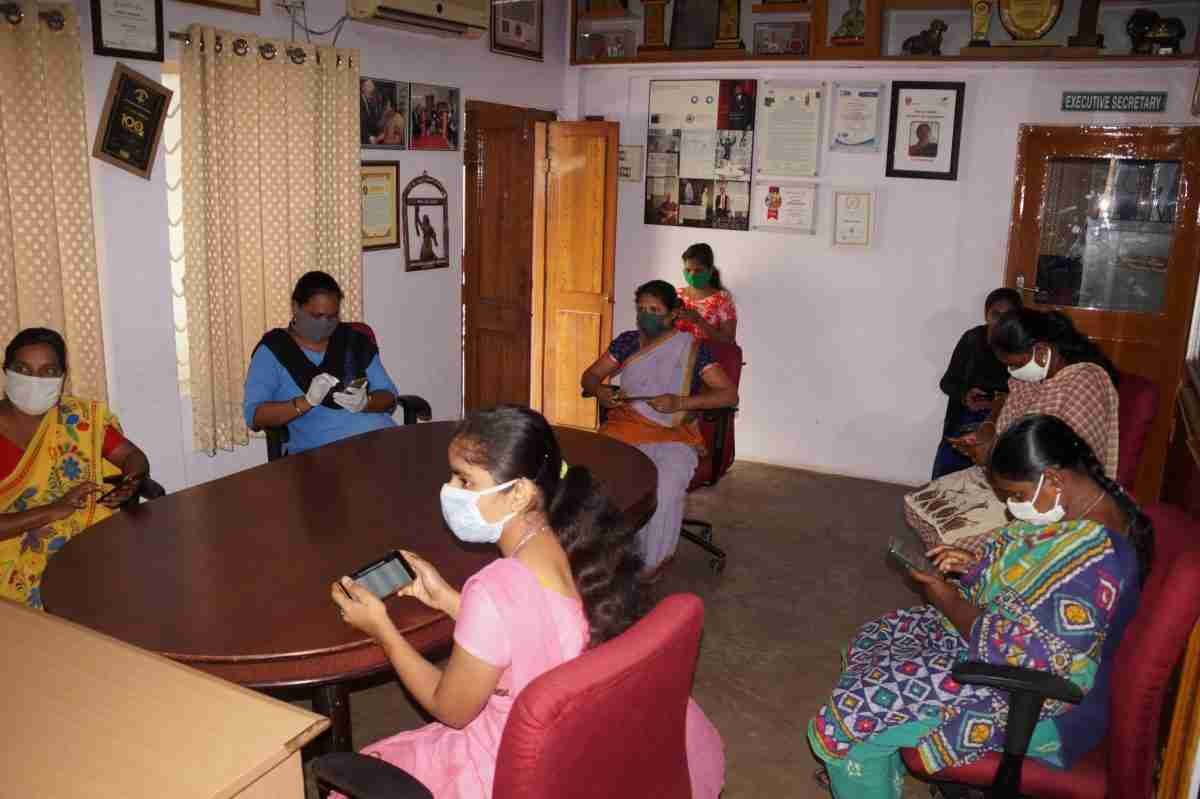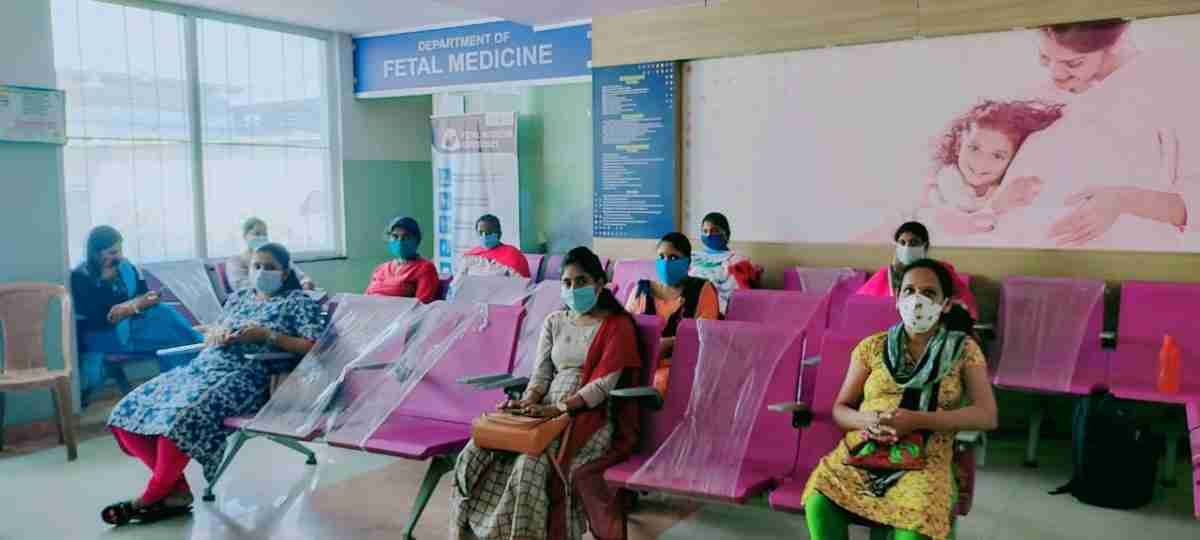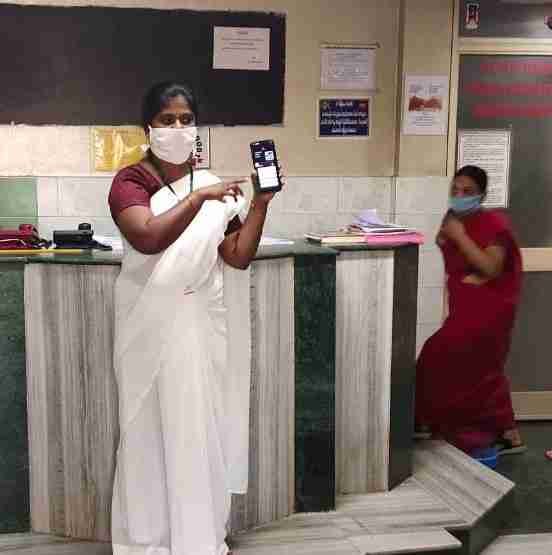A difficult year for very many - personal loss, health issues, insecurities, economic hardship and much more - didn't matter how or where one lived.
At Kushal we had our fair share. COVID catalyzed us to jump start activities in India and we had busy months between March and September despite strict lockdown. However, COVID struck and several colleagues were affected. Additionally, we had to cope with severe floods and new regulatory requirements by the government for #ngos.
Yet, the resolve, determination and passion shown by our frontline #volunteers for what we care for has been remarkable. Our digital presence continued to grow.
There are many who were beside Kushal through these challenges.
I would like to take this opportunity to thank Vasavya Mahila Mandali Bollineni Keerthi Jyoti Lahiri Divya Bajpai Peter Beeby Purba Chatterjee Tom Godfrey. A big shout out for Sophie Hurford and Niti Nadarajah who have been critical with their support. Prof Unithan University of Sussex and ST Prasad have been inspirational.
We now look forward to the New Year with the same determination and without dampened spirit.
Wish all a safe, healthy and joyous 2021!
#seasonsgreeting #hopeforthefuture






